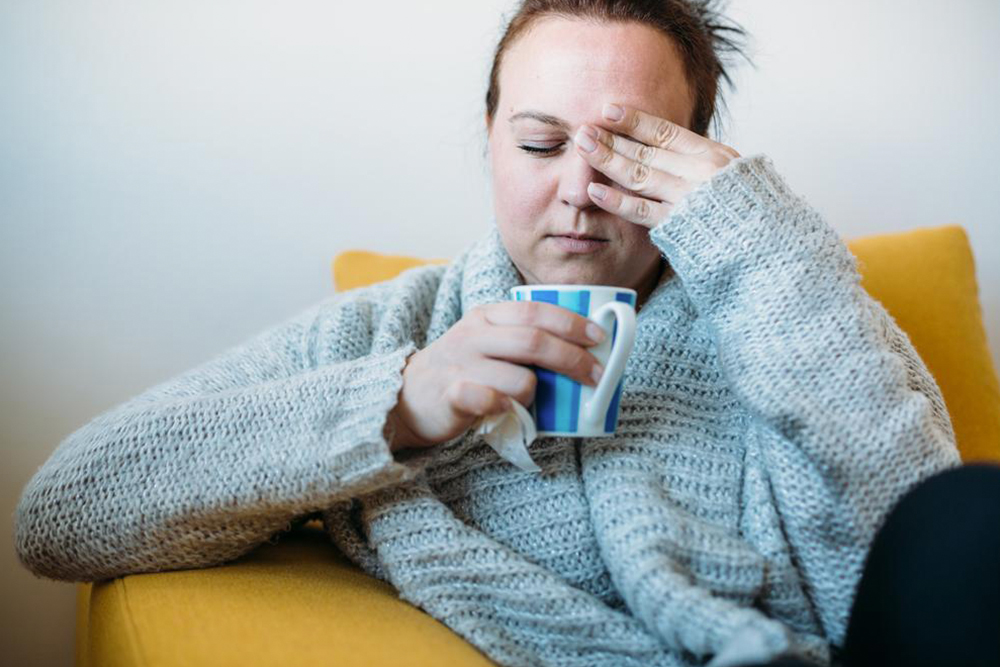Most common cough treatments
Coughing is a reflex action that helps clear your throat and airways. A cough can be categorized as acute or chronic. Acute coughs come on suddenly and can last upto 3 weeks while the onset of chronic coughs is much slower and these can last for much longer. Coughing can be irritating but a cough becomes a cause for concern only if there is blood in the sputum being coughed up or there is no improvement after a few weeks despite cough treatment.

Coughing rarely requires medication and home remedies are a common choice for cough treatment. However some common forms of cough medication are as follows.
Decongestants: Decongestants can be taken in the form of nasal sprays, pills or liquids. This medication helps lower mucus production and reduces swelling in the nasal tissues. It also dries up the existing mucus and opens up the airways. Decongestants cannot be taken without a doctor’s prescription. It is also not considered suitable for patients suffering from hypertension and heart troubles as it can increase blood pressure.
Cough Expectorants: For many people a cough gets worse at night and can sometimes even interfere with sleeping habits. In such cases, a doctor may recommend cough treatment in the form of an expectorant to be taken at night. This helps thin the mucus and thus makes it easier to cough up. Expectorants are usually beneficial in cases where the patient is coughing up phlegm.
Lozenges: Lozenges are meant to be kept in the mouth while they slowly melt and are not to be chewed. As they dissolve, its ingredients coat and soothe the throat. Lozenges are usually made out of honey, herbs, citrus and spices and can be found at any pharmacy.
A few home tips that can help reduce your coughing spells include.
Drink plenty of warm water: Staying hydrated in key to curing upper respiratory tract infections. In cases where the cough is preceded or caused by cold, water helps thin the nasal mucus that may be disturbing the throat and causing the cough. It also helps keep the mucus membranes moist. Warming the water before drinking it soothes the throat and decreases the impulse to cough. Alternatively, you could also drink some warm tea with honey.
Inhale steam: A hot shower or steam inhalation can help loosen nasal mucus that may have dried and settled on the walls of the nasal passage and throat. It also helps keep the nasal passage and throat moist and prevents them from drying out. Steam inhalations can also be useful in cases of coughing triggered by allergic reactions. Alternatively you could use a humidifier to increase the moisture content in the air you are breathing.